Lots of potential
According to the Vietnam Pepper and Spice Association, Vietnam is the world's leading cinnamon producer with an area of about 180,000 hectares. Since 2021, Vietnam has risen to become the world's leading cinnamon exporter. In 2023, Vietnam accounted for about 34.4% of the global cinnamon trade market share, with the main consumer markets being India, China, Bangladesh, the US, etc. In particular, Yen Bai is the province with the largest cinnamon growing area and output in Northern Vietnam, with over 81,000 hectares, accounting for 1/3 of the province's planted forest area, mainly concentrated in Van Yen district with 45,200 hectares - accounting for 55.7% of the province's cinnamon area.
Van Yen cinnamon is grown in 25/25 communes and towns of the district, with a total area of over 55,000 hectares, of which the cinnamon area is concentrated at over 30,000 hectares, the area of certified organic cinnamon is 7,281 hectares. In Van Yen district, there are 212 establishments and households producing and trading cinnamon varieties. Every year, Van Yen district alone sows and nurtures over 40 to 50 million cinnamon seedlings, supplying to localities inside and outside the district. The total output of dry cinnamon bark reaches over 6,000 tons/year, the average cinnamon leaf production is 65,500 tons/year, and the output of cinnamon wood reaches over 60,000 m3/year.
Currently, Yen Bai has built and protected the geographical indication of Van Yen cinnamon and developed a raw material area of about 100,000 hectares of cinnamon. The large area is an advantage to attract businesses to invest in purchasing and processing cinnamon products.
In the whole Yen Bai province, there are 17 enterprises investing in processing main products from cinnamon and exporting products to many countries around the world. Cinnamon trees have been purchased and processed from leaves, branches, bark, and wood. From there, products such as bark chips, wood panels, wood bars, chopped wood, tablets... to cinnamon essential oil, cinnamon tubes, cinnamon flutes and cinnamon handicraft products...
Therefore, cinnamon is a product with great potential for Yen Bai enterprises to boost exports, not only to traditional markets, but also to new markets with higher standards.
In addition, with 16 FTAs that Vietnam is participating in, there are many new generation free trade agreements such as EVFTA, CPTTP, UKVFTA, RCEP that have helped Vietnam gain advantages over some other countries in terms of tax. This is a very favorable condition and opportunity for Vietnamese cinnamon products to increasingly advance further in the international market.
The UK-Vietnam Free Trade Agreement (UKVFTA) will come into effect from 2021. Since the UKVFTA, many Vietnamese agricultural products have had a competitive advantage in the UK market compared to similar products originating from countries that do not have an FTA with the UK.
Through the Agreement, the UK commits to eliminating 85.6% of tariff lines for Vietnamese goods as soon as the Agreement comes into effect (from January 1, 2021), eliminating up to 99.2% of tariff lines from January 1, 2027, and the remaining 0.8% of tariff lines will enjoy tariff quotas (with import tax within the quota being 0%). With these commitments, many of Vietnam's strong products such as seafood, fruits, coffee, rice, textiles, wooden furniture, cinnamon, etc. have an advantage when accessing the UK market, especially when the potential of this market is still very large for Vietnam's exports.
In fact, in recent times, the province's general export activities have gradually stabilized and increased, with the total export value in the province in the first 7 months of 2024 reaching 236 million USD, an increase of 30% over the same period. Of which, the group of processed agricultural and forestry products is estimated at 82 million USD, with cinnamon directly exported at an estimated 2.1 million USD, and indirect exports at 10.27 million USD.
Building an ecosystem to take advantage of FTAs for the cinnamon industry
However, according to the assessment of the industry experts, this value is still very low compared to the potential, strengths and value of Yen Bai cinnamon trees. Along with that, currently, cinnamon products of most enterprises in the province are exported through intermediaries, so the price and market are unstable, the value is not high...
In particular, the market is also increasingly demanding of cinnamon products with some basic requirements such as: Green consumption, reducing carbon emissions; products ensuring traceability, sustainable production, including environmental and social factors; ensuring quality, including control and meeting MRL requirements (maximum residue limits of pesticides in food) according to market regulations; the demand for organic products, value-added products, functional foods to increase immunity, support health... is increasing.
To have measures to promote exports and increase the value of cinnamon products, according to experts, it is necessary to have measures from the seedling stage to finished export products, the combination of supply chains, and nationwide consumption...
According to Ms. Hoang Thi Lien - President of the Vietnam Pepper and Spice Association, the Vietnamese cinnamon industry in general and Yen Bai in particular need to make drastic changes to adapt to the export market requirements in the coming period. There needs to be more scientific research to promptly respond to market requirements, especially issues related to regulations on maximum residue levels, and to find appropriate pest control solutions. Farmers are encouraged to use alternative biological products and have measures and sanctions to effectively control illegal pesticides that are not on the state management list. Strengthening trade promotion and building a national brand identity for Vietnamese spices is extremely necessary...
Meanwhile, according to the Multilateral Trade Policy Department, in order to create leverage, promote development and remove difficulties in connecting processing chains, production processes, capital and technology, brand building... it is necessary to strengthen the construction of close connections between central and local management agencies, enterprises, associations, cooperatives and people, thereby building an Ecosystem to take advantage of FTAs for Yen Bai's cinnamon industry as well as localities that have strengths in this product.
According to the Ecosystem Project to take advantage of FTAs, the main goal is to help businesses optimize the benefits of FTAs (including the UKVFTA); build a culture of connection and cooperation; promote cooperation between management agencies and businesses). All subjects participating in this ecosystem have benefits.
The benefits for cinnamon farmers when participating in the ecosystem to take advantage of FTAs are support for loans from credit institutions participating in the Ecosystem; support for cultivation consulting to meet export standards; guaranteed output according to contracts signed with enterprises in the Ecosystem; support in handling difficulties encountered during the cultivation process. Meanwhile, production, processing, and export enterprises... will receive capital support from credit institutions participating in the Ecosystem; advice on accessing support measures from the Government; support with information on markets, customer connections, contracts...; support in handling difficulties encountered during domestic and foreign business activities... Banks can disburse credit effectively, meeting credit growth targets while still ensuring financial security; diversify customers instead of focusing on a few customer groups as before; can expand connections with local and central organizations and agencies; Get support in handling problems encountered in the process of doing business domestically and internationally...
Source: https://moit.gov.vn/tin-tuc/thi-truong-nuoc-ngoai/xay-dung-ket-noi-tan-dung-ukvfta-day-manh-xuat-khau-que.html



![[Photo] National Assembly Chairman Tran Thanh Man attends the ceremony to celebrate the 1015th anniversary of King Ly Thai To's coronation](https://vstatic.vietnam.vn/vietnam/resource/IMAGE/2025/4/13/6d642c7b8ab34ccc8c769a9ebc02346b)
![[Photo] National Assembly Chairman Tran Thanh Man attends the Policy Forum on Science, Technology, Innovation and Digital Transformation](https://vstatic.vietnam.vn/vietnam/resource/IMAGE/2025/4/13/c0aec4d2b3ee45adb4c2a769796be1fd)


![[Photo] Prime Minister Pham Minh Chinh chairs the Government's special meeting on law-making in April](https://vstatic.vietnam.vn/vietnam/resource/IMAGE/2025/4/13/8b2071d47adc4c22ac3a9534d12ddc17)
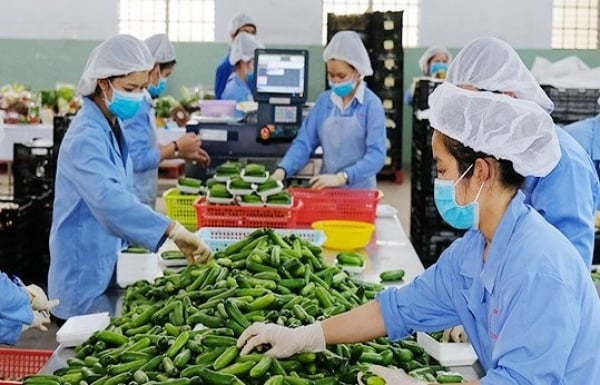

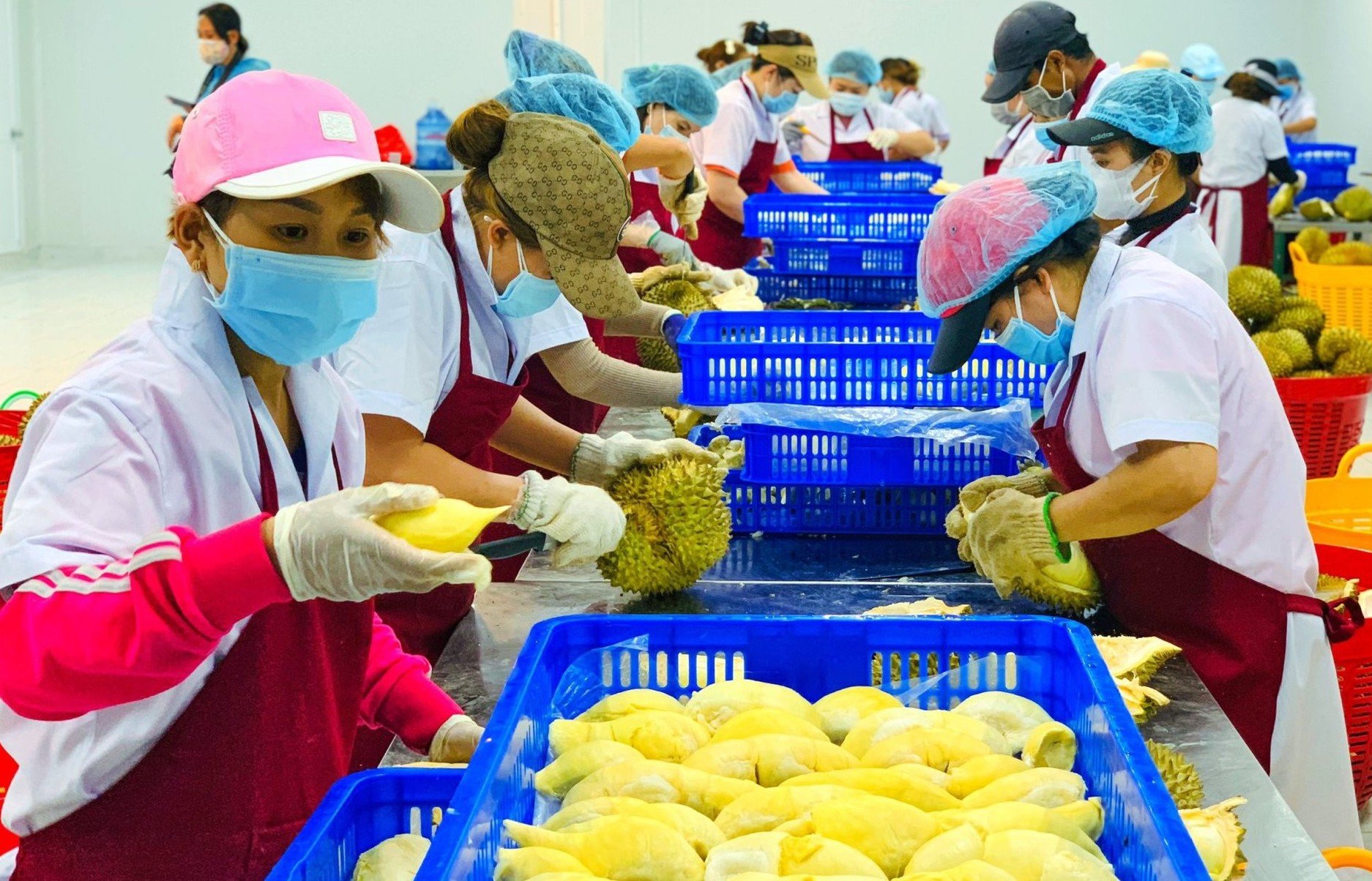
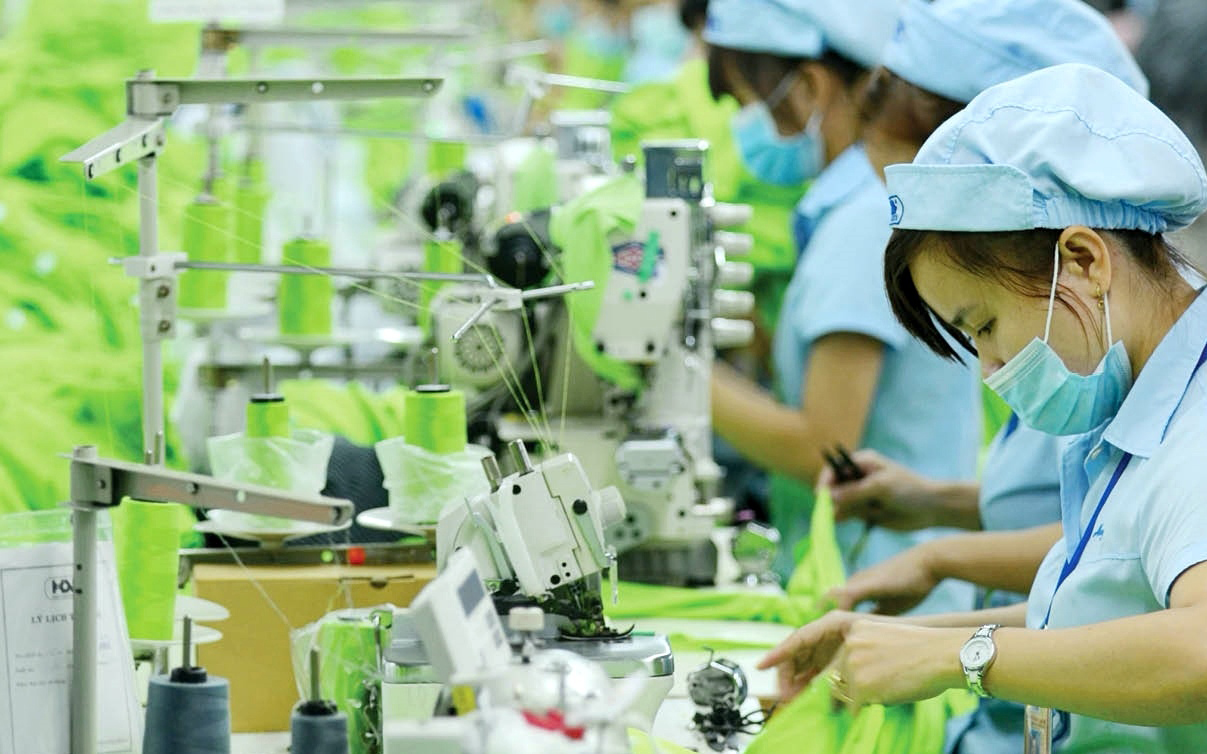
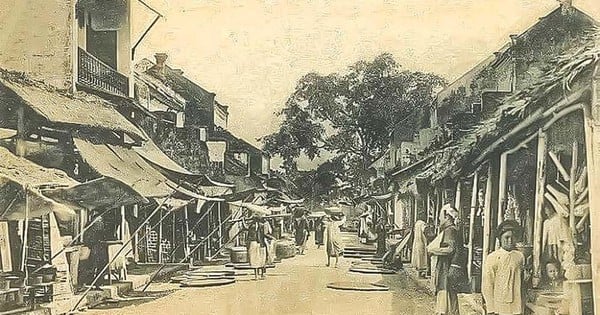
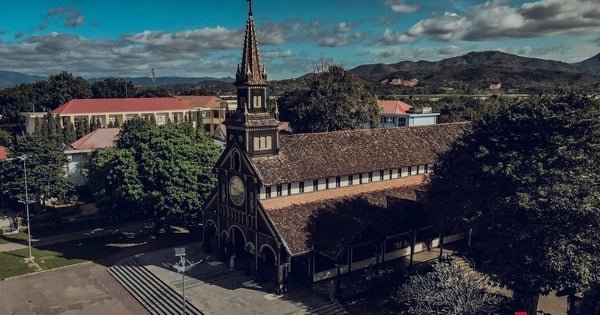
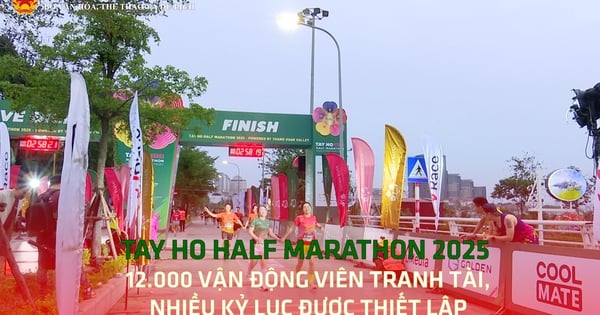
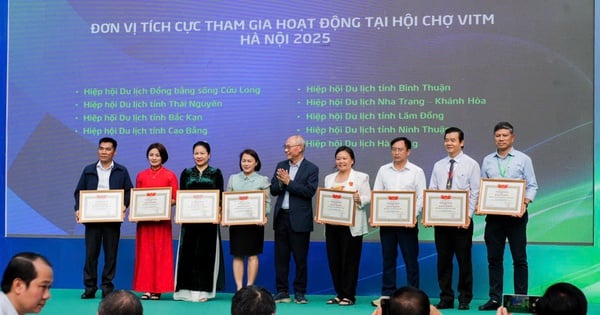








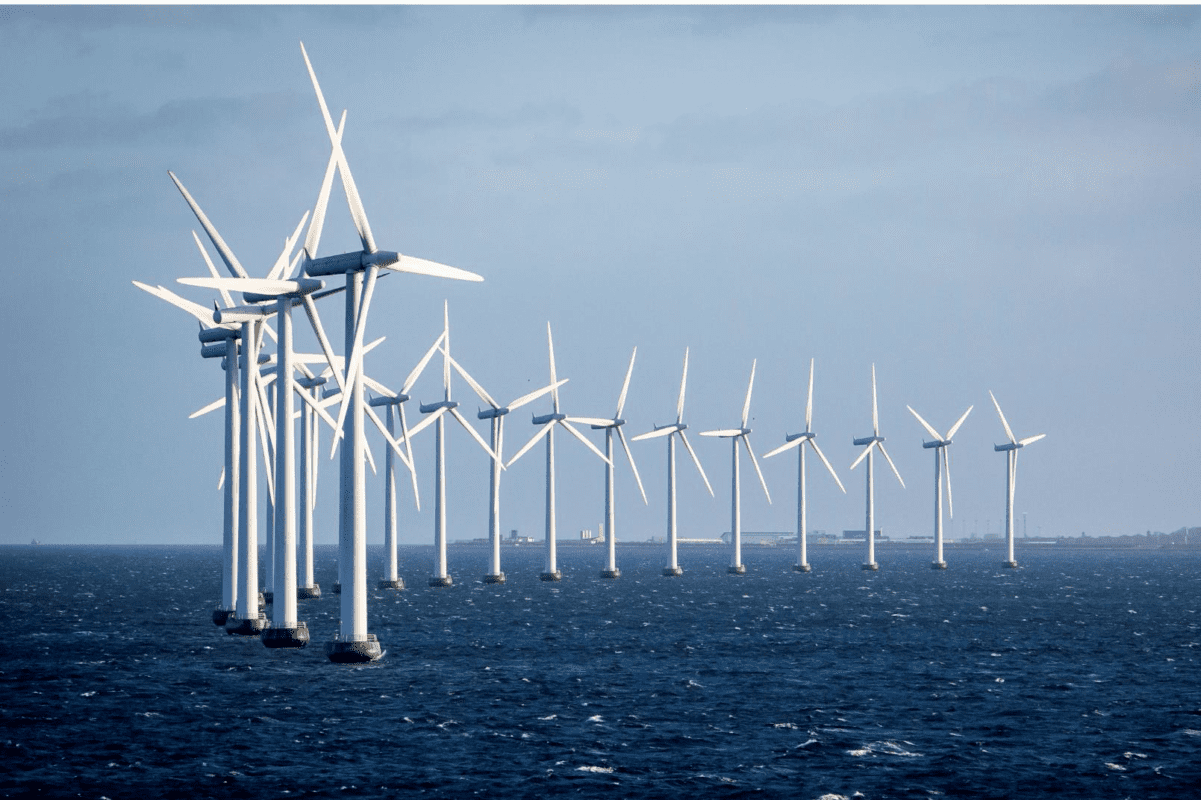

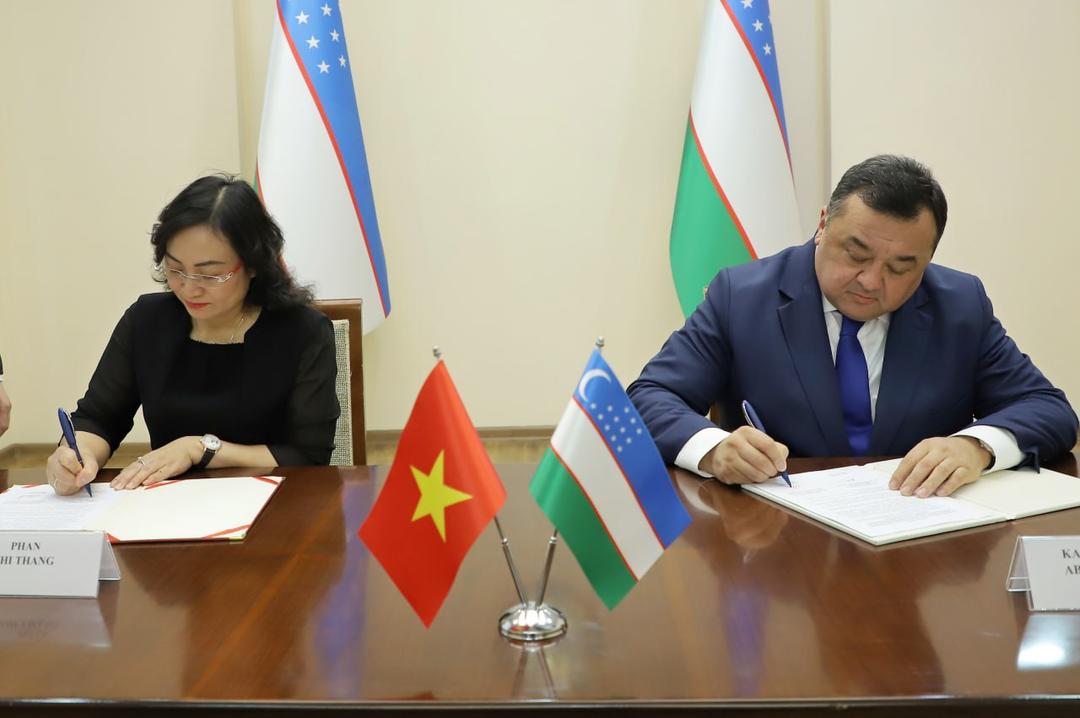
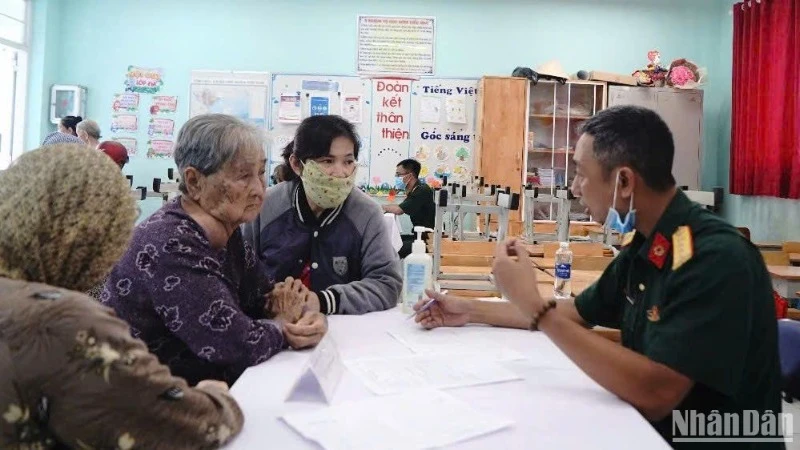














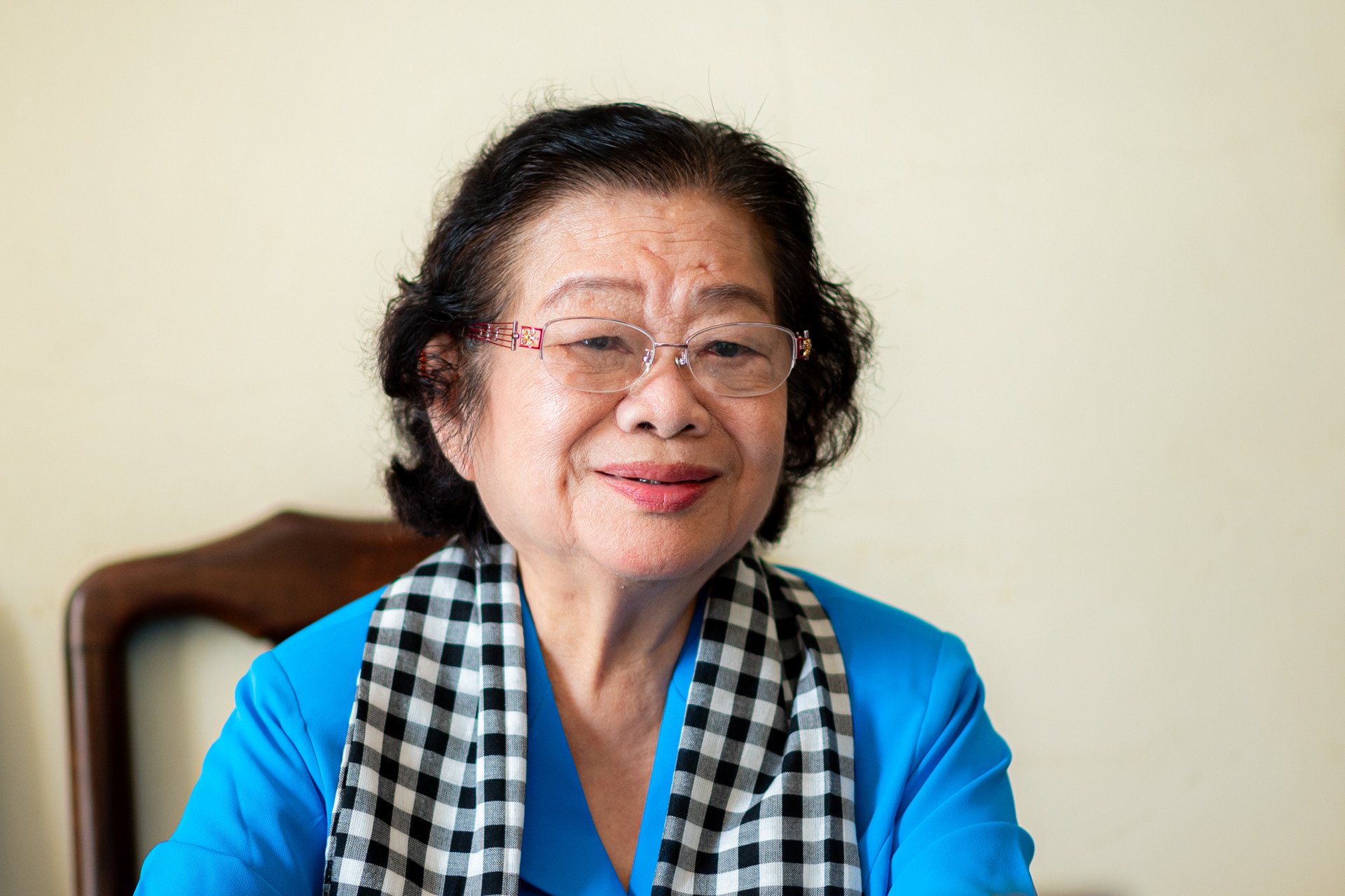

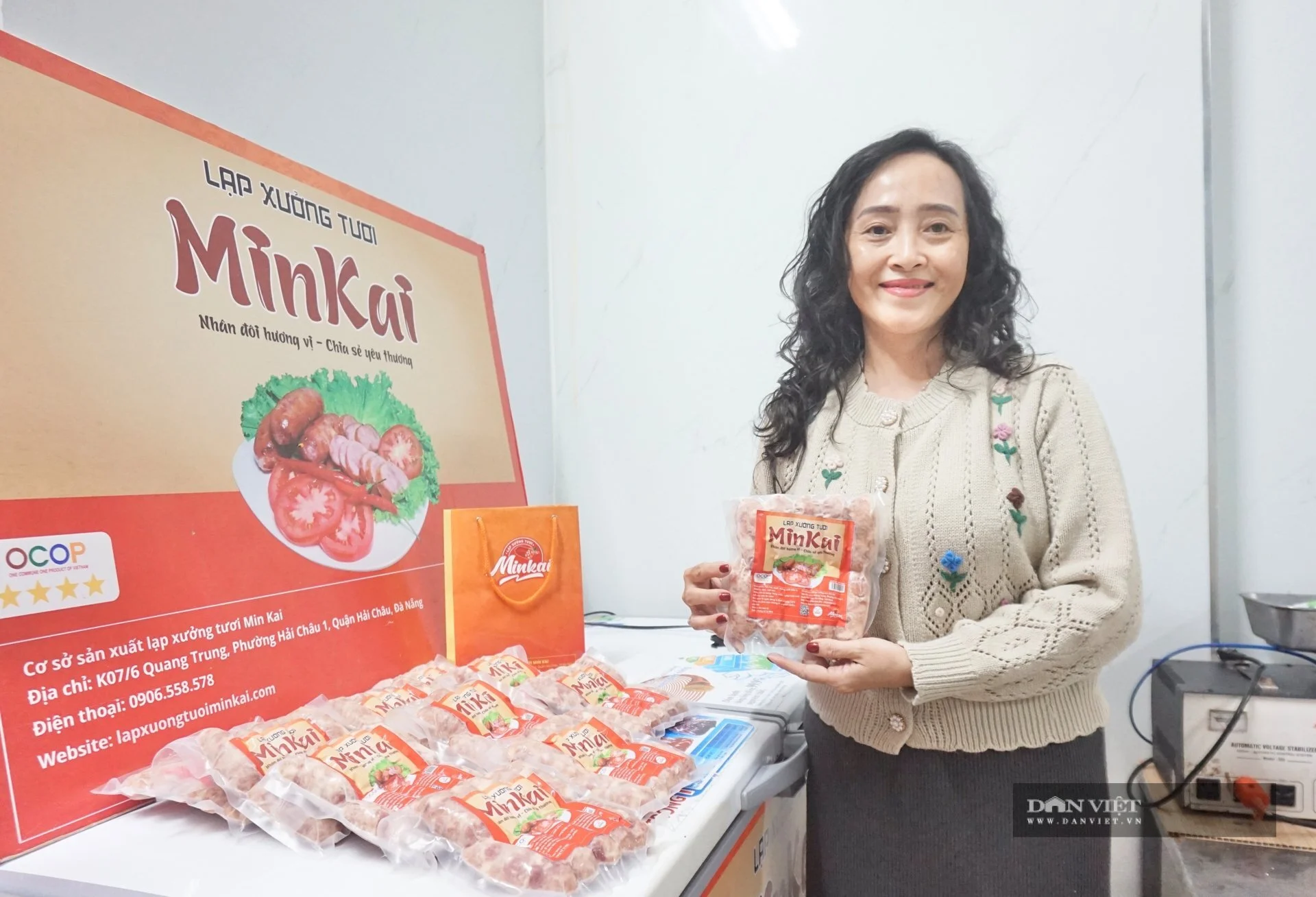













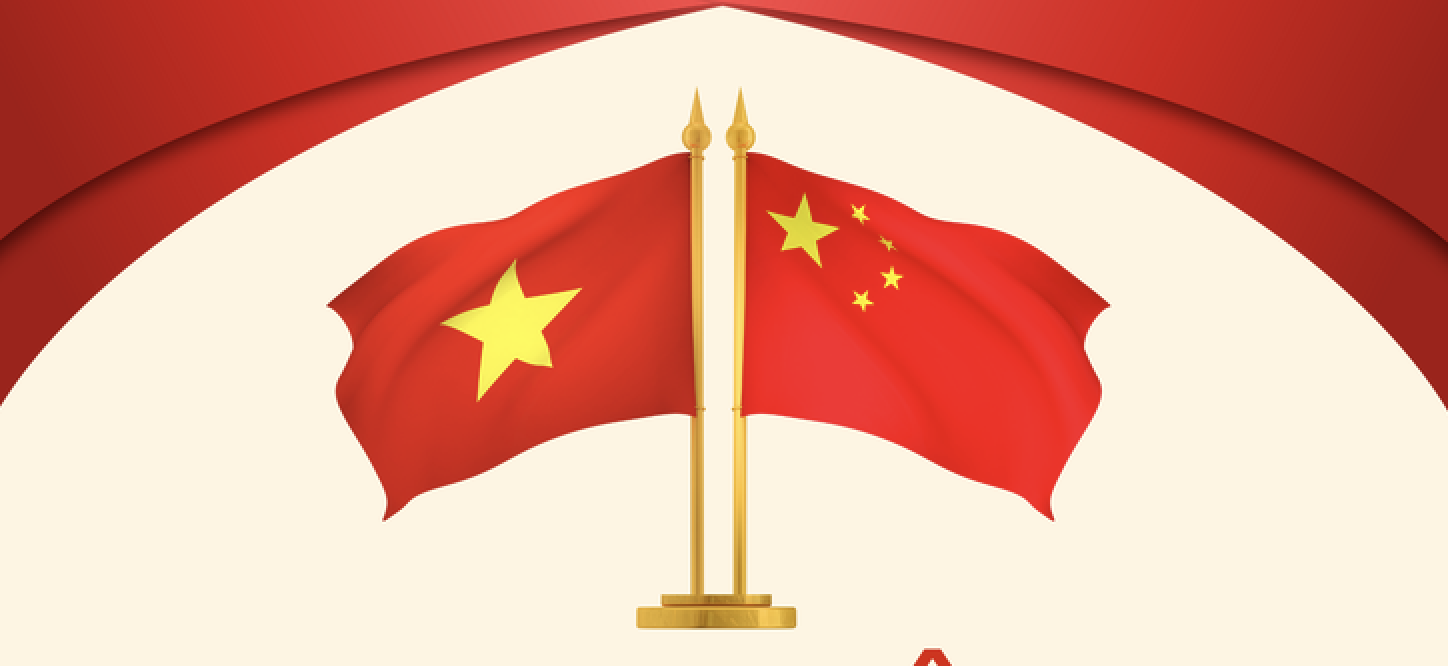
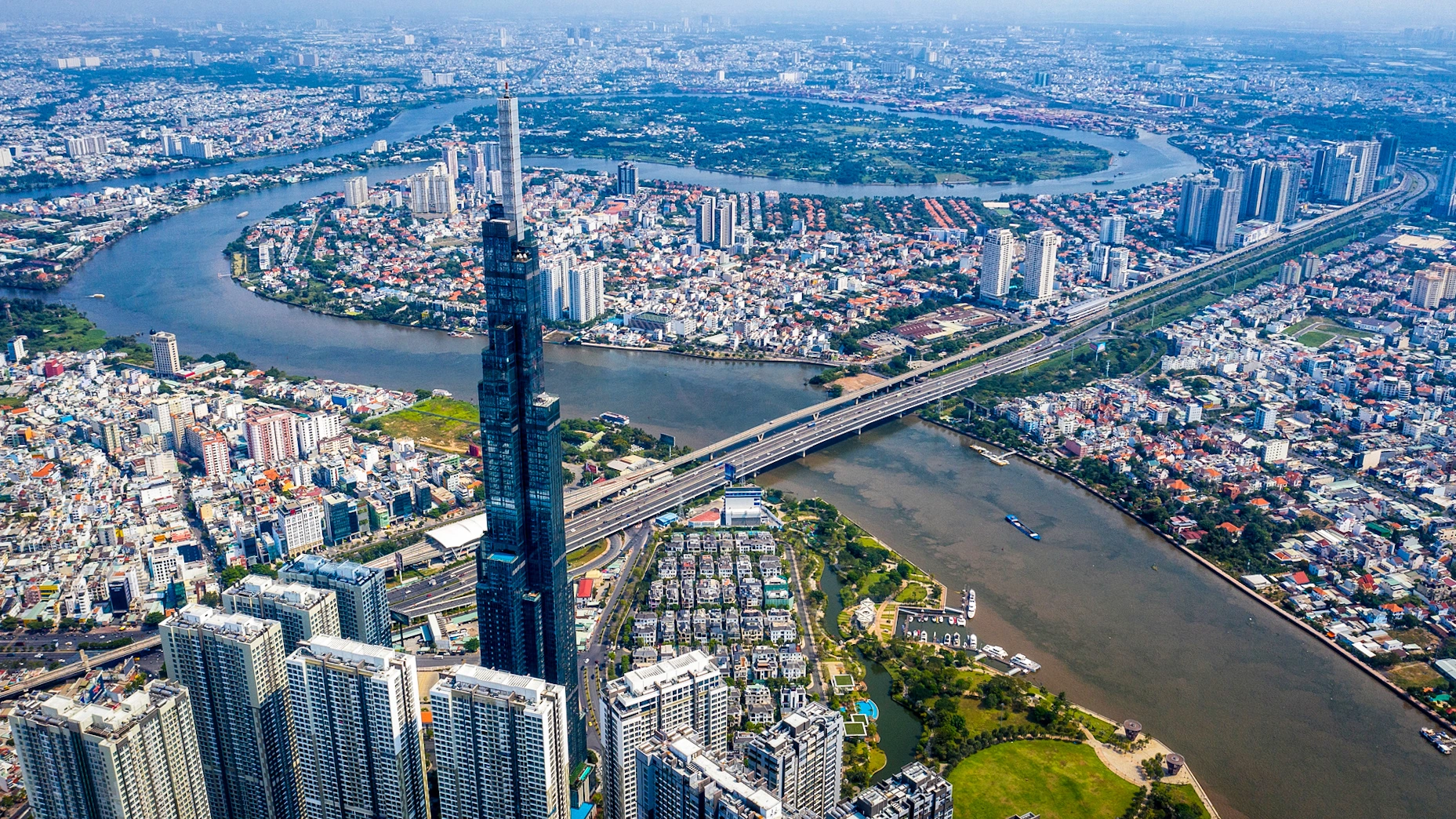









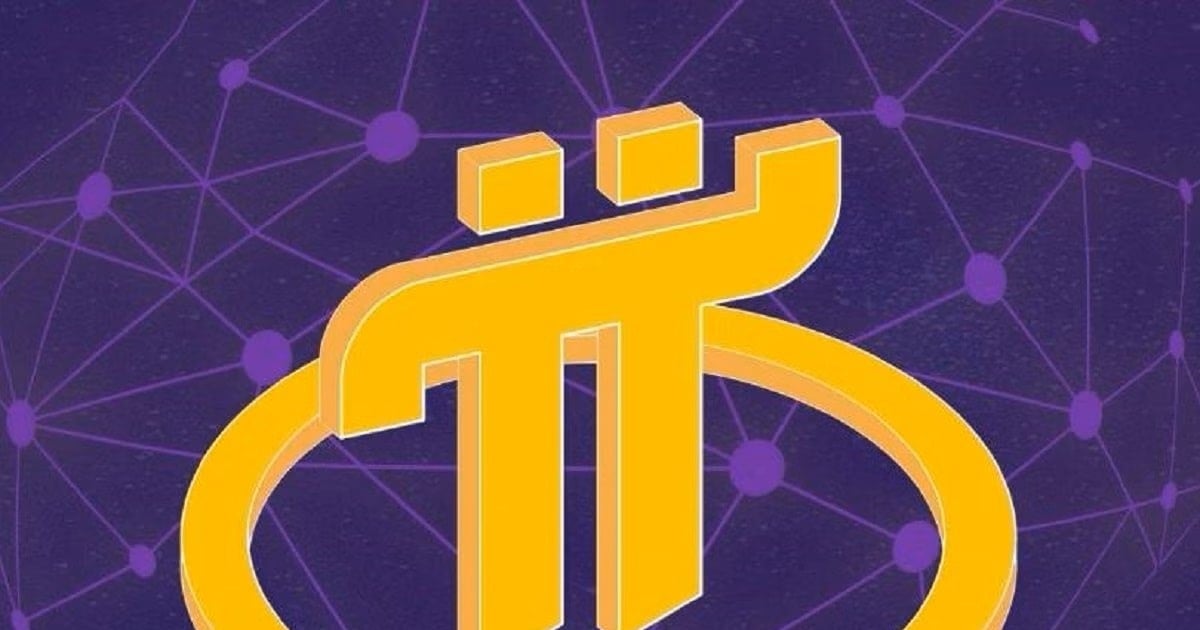

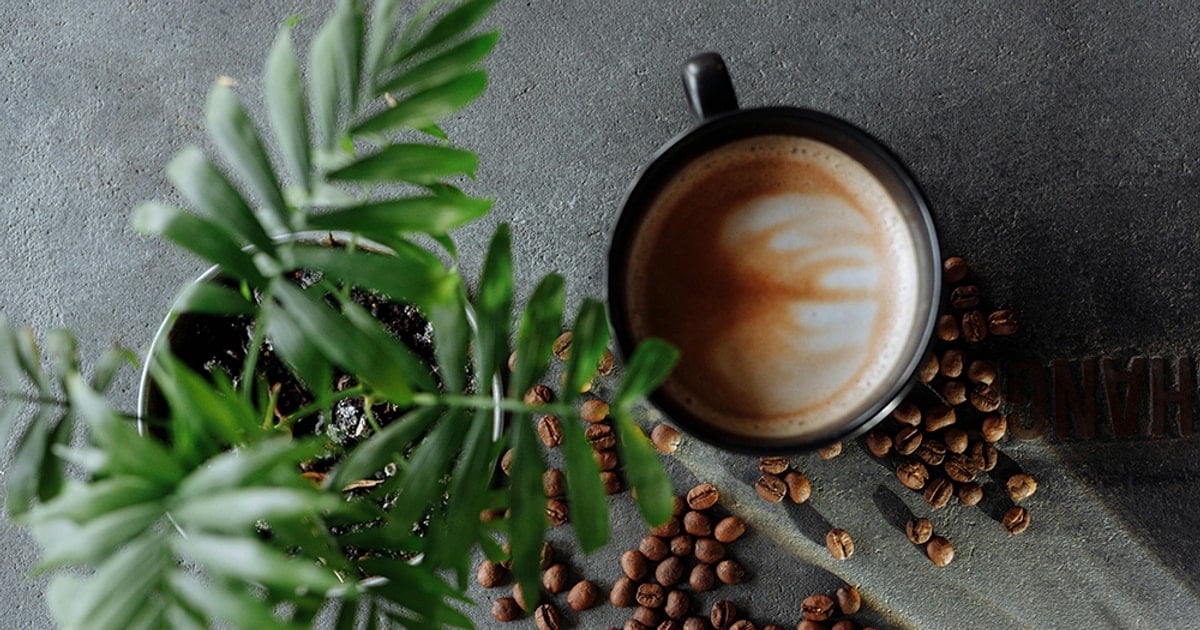

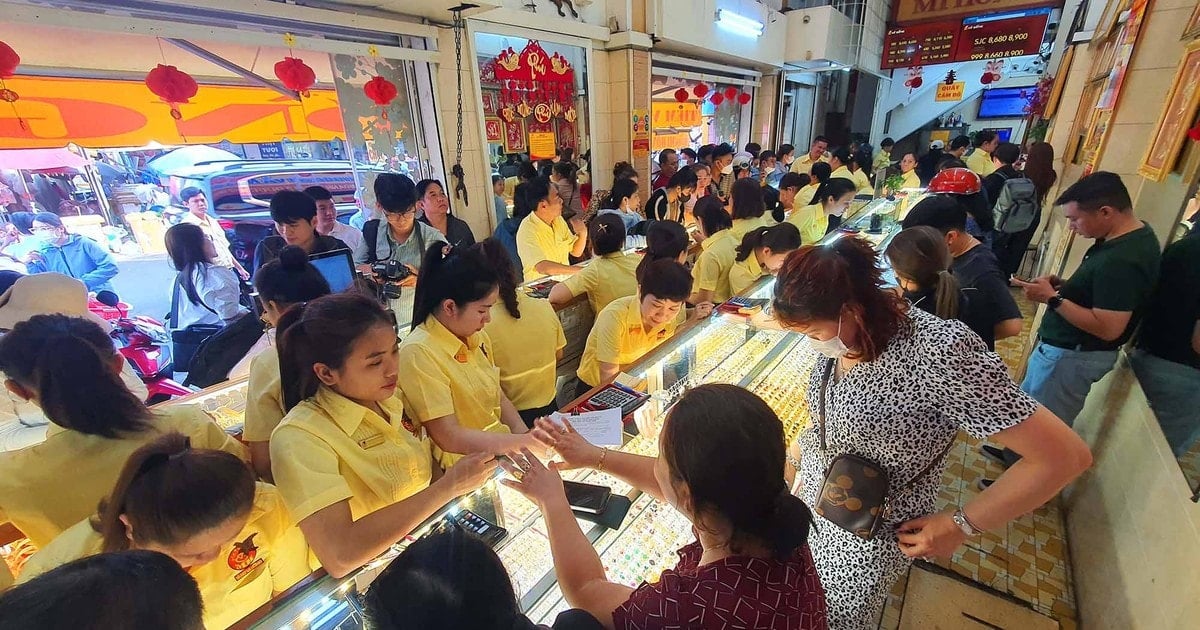
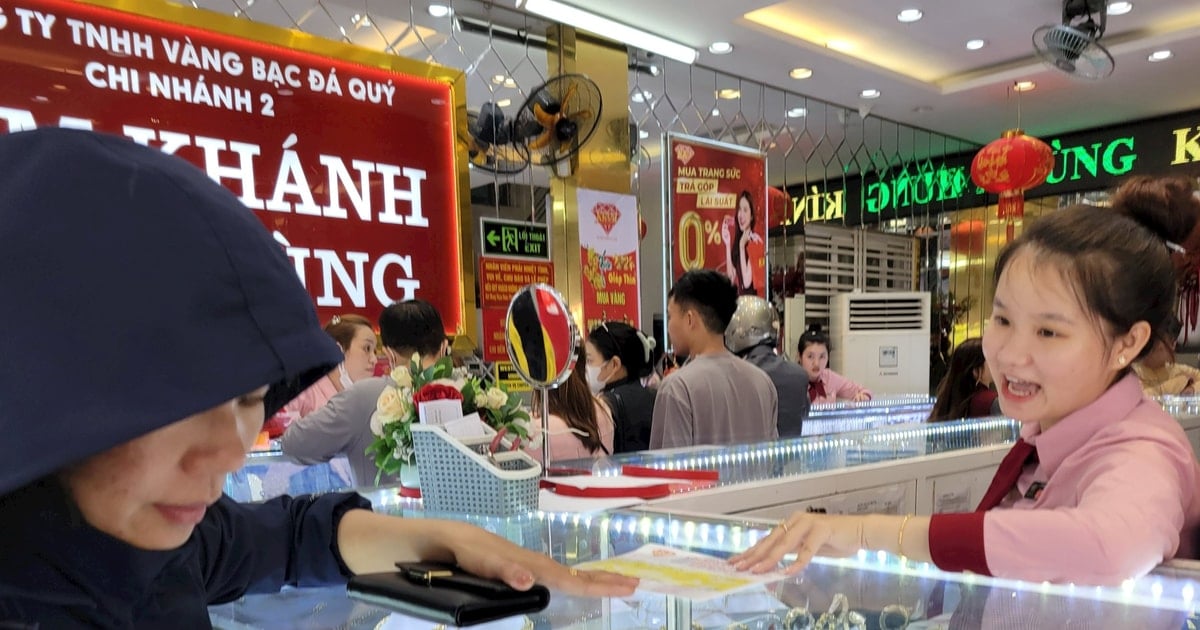













Comment (0)